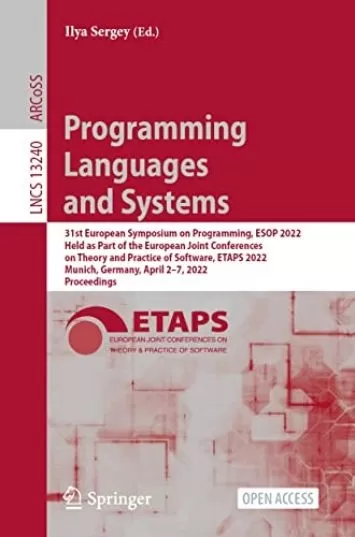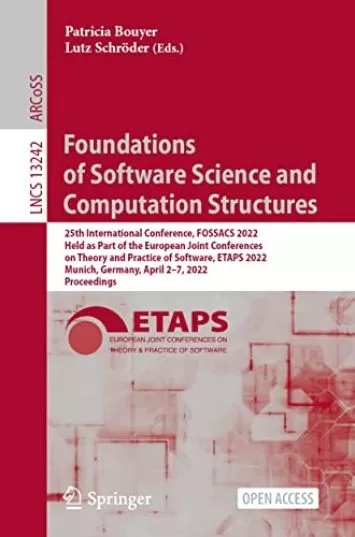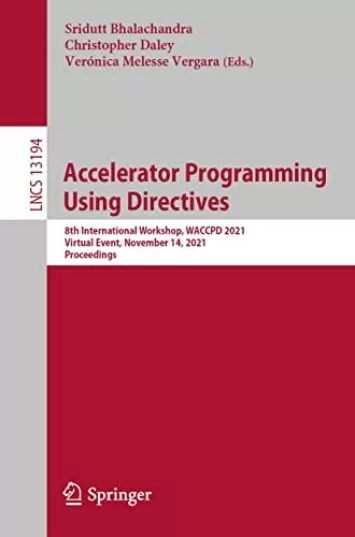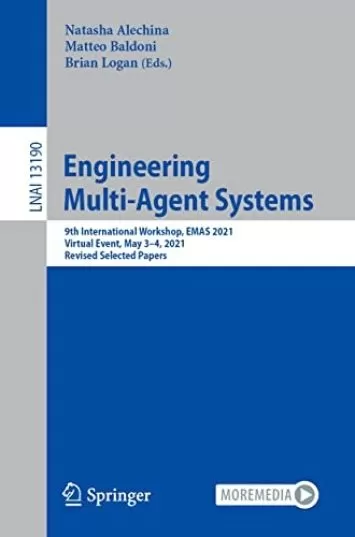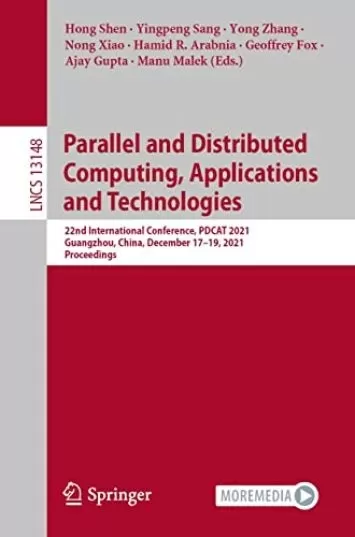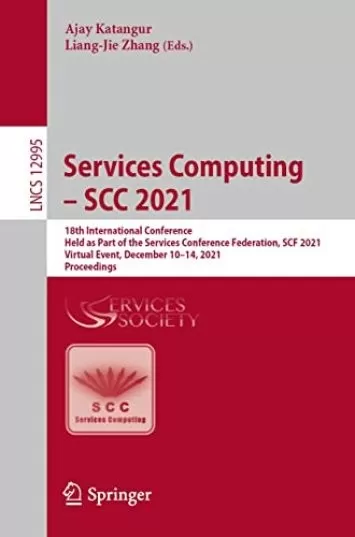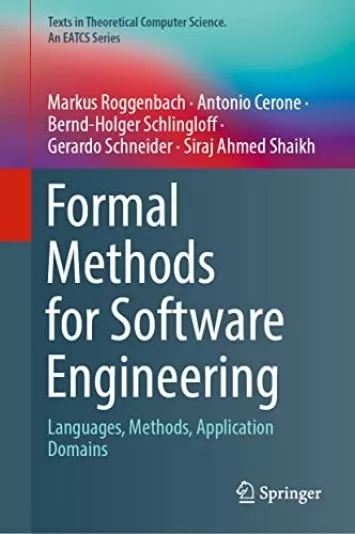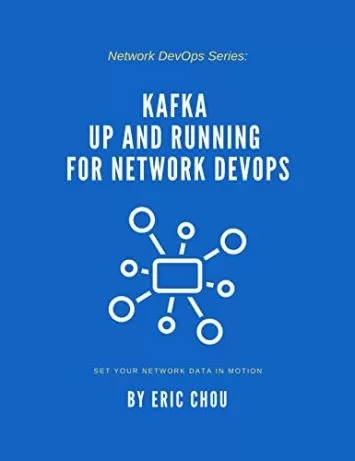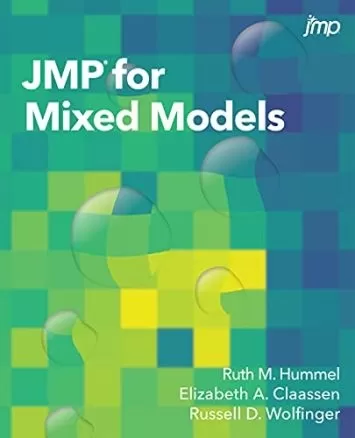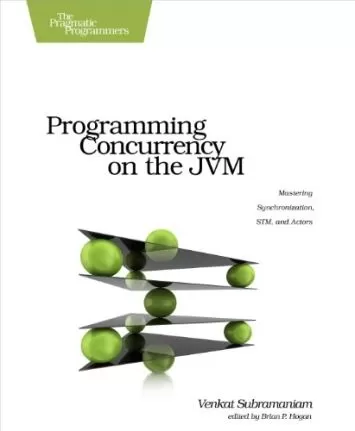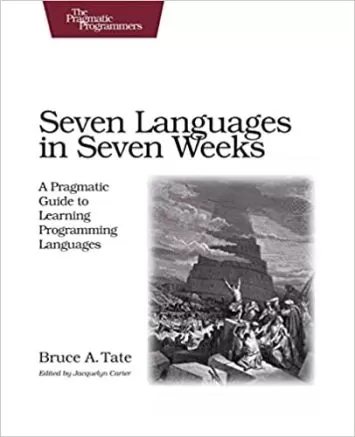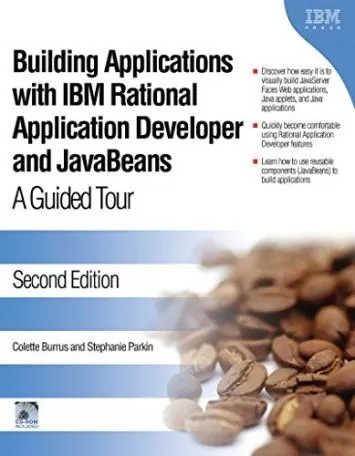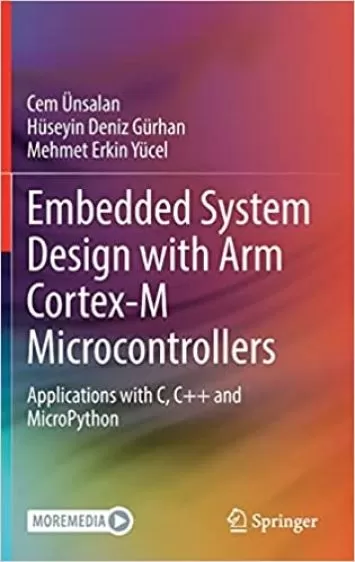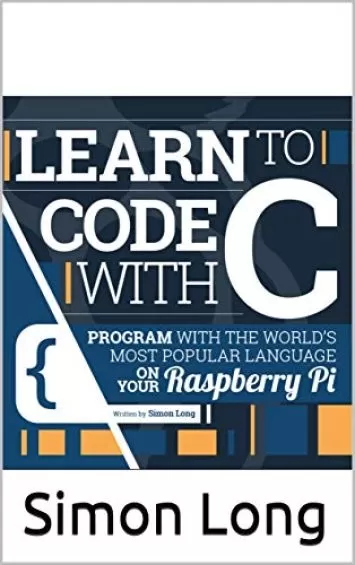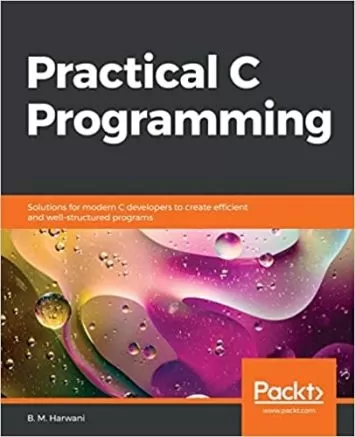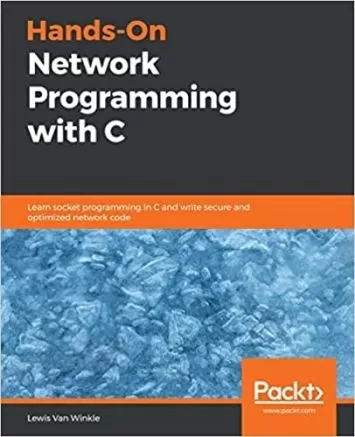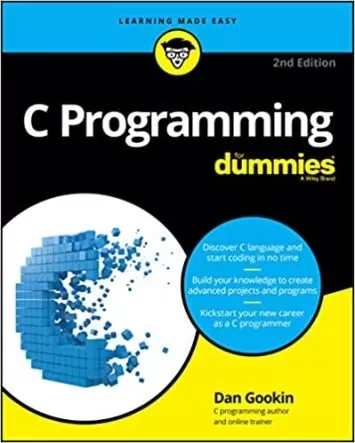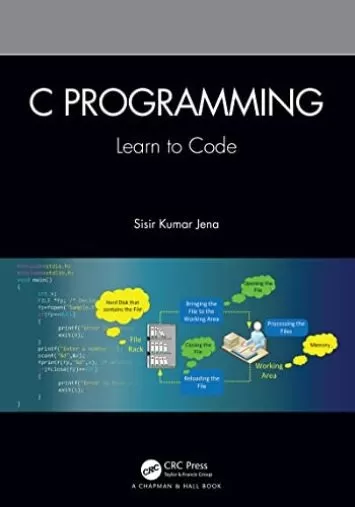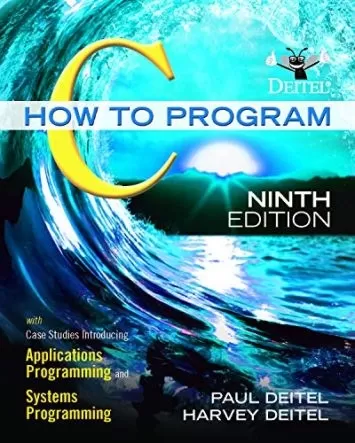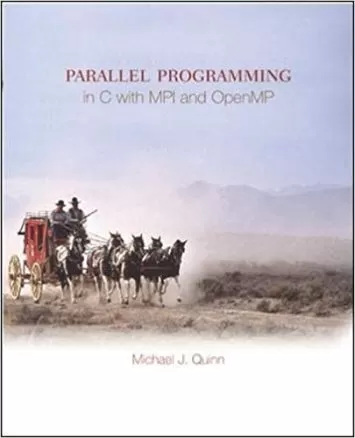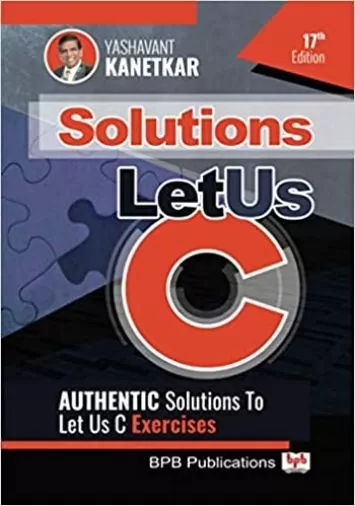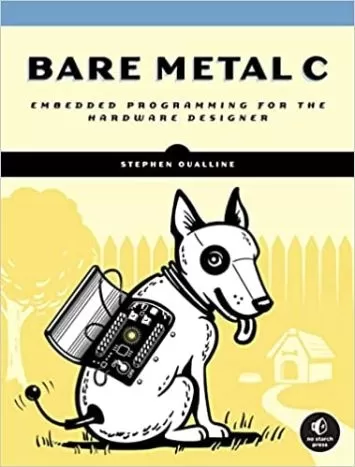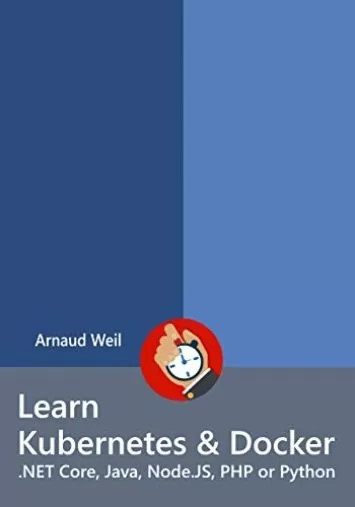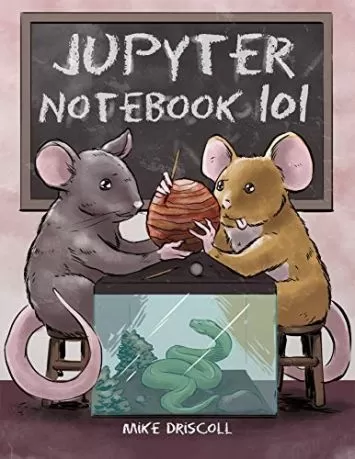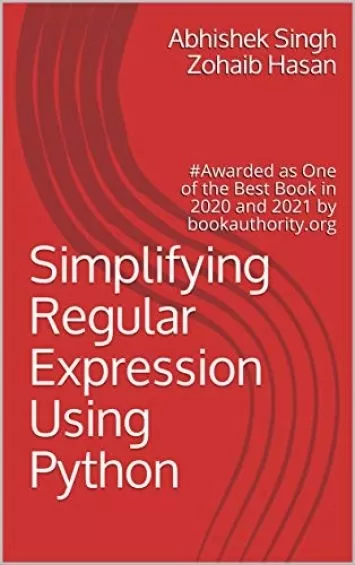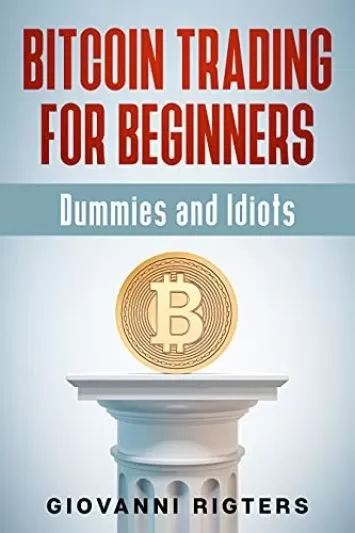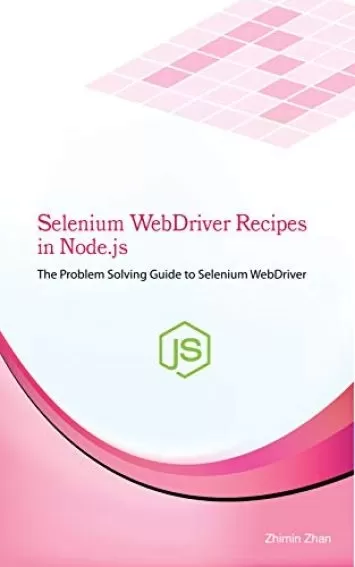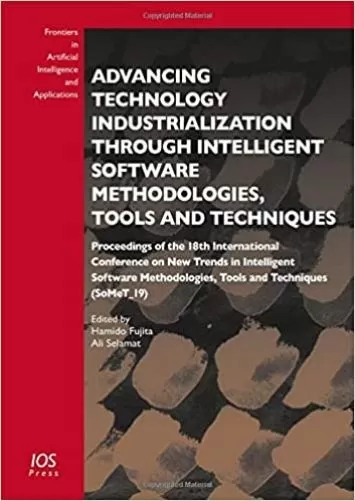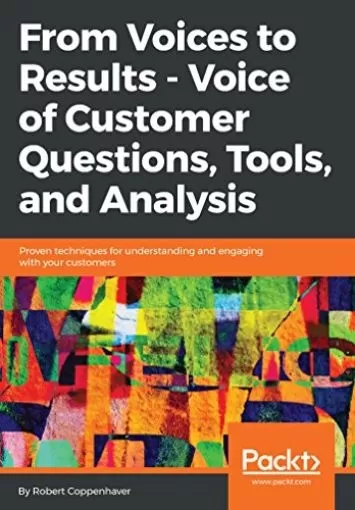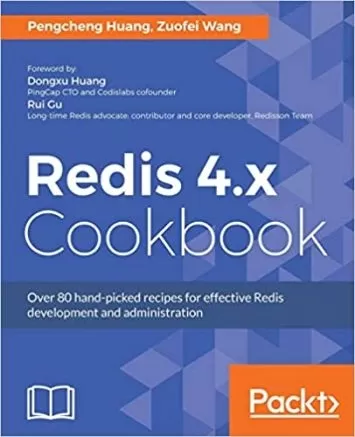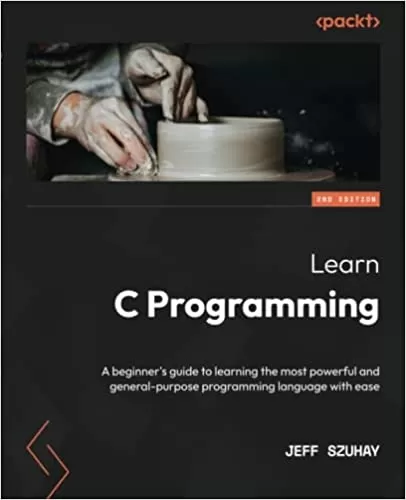
Learn C Programming: A beginner's guide to learning the most powerful and general-purpose programming language with ease, 2nd Edition
Category
Author
Publication
Packt Publishing
The foundation for many modern programming languages such as C++, C#, JavaScript, and Go, C is widely used as a system programming language as well as for embedded systems and high-performance computing. With this book, you'll be able to get up to speed with C in no time.
The book takes you through basic programming concepts and shows you how to implement them in the C programming language. Throughout the book, you'll create and run programs that demonstrate essential C concepts, such as program structure with functions, control structures such as loops and conditional statements, and complex data structures. As you make progress, you'll get to grips with in-code documentation, testing, and validation methods. This new edition expands upon the use of enumerations, arrays, and additional C features, and provides two working programs based on the code used in the book. What's more, this book uses the method of intentional failure, where you'll develop a working program and then purposely break it to see what happens, thereby learning how to recognize possible mistakes when they happen.
By the end of this C programming book, you'll have developed basic programming skills in C that can be easily applied to other programming languages and have gained a solid foundation for you to build on as a programmer.
About the Author
Jeff Szuhay is the principal developer at QuarterTil2 which specializes in graphics-rich software chronographs for desktop environments. In his software career of over 35 years, he has engaged in a full range of development activities from systems analysis and systems performance tuning to application design, from initial development through full testing and final delivery. Throughout that time, he has taught computer applications and programming languages at various educational levels from elementary school students to university students, as well as developed and presented professional, on-site training.
- Implement fundamental programming concepts through C programs
- Understand the importance of creating complex data types and the functions to manipulate them
- Develop good coding practices and learn to write clean code
- Validate your programs before developing them further
- Use the C Standard Library functions and understand why it is advantageous
- Build and run a multi-file program with Make
- Get an overview of how C has changed since its introduction and where it is going
If you're an absolute beginner who has basic familiarity with operating a computer, this book will help you learn the most fundamental concepts and practices that you need to know to become a successful C programmer. If you're an experienced programmer, you'll find the full range of C syntax as well as common C idioms covered in the book useful.
- Running Hello, world
- Understanding Program Structure
- Working with Basic Data Types
- Using Variables and Assignments
- Exploring Operators and Expressions
- Exploring Conditional Program Flow
- Exploring Loops and Iterations
- Creating and Using Enumerations
- Creating and Using Structures
- Creating Custom Data Types with Typedef
- Working with Arrays
- Working with Multi-dimensional Arrays
- Using Pointers
- Understanding Arrays and Pointers
- Working with Strings
- Creating and Using More Complex Structures
- Understanding Memory Allocation and Lifetime
- Using Dynamic Memory Allocation
- Exploring Formatted Output
- Getting Input From the Command Line
- Exploring Formatted Input
- Working with Files
- Using File Input and File Output
- Working with Multi-File Programs
- Understanding Scope
- Building Multi-File Programs with Make
- Creating Two Card Programs
- Appendix






